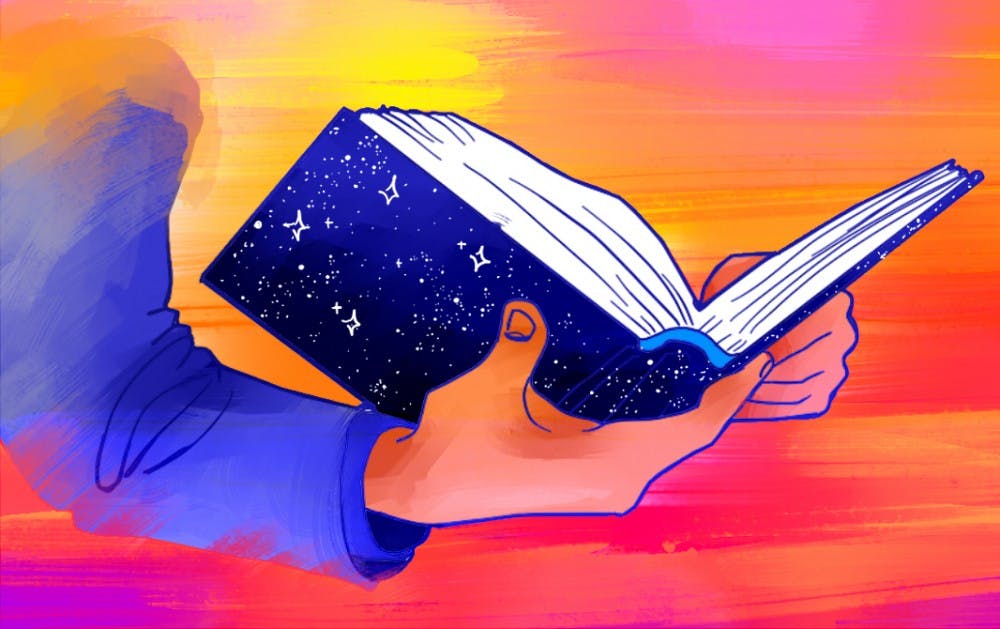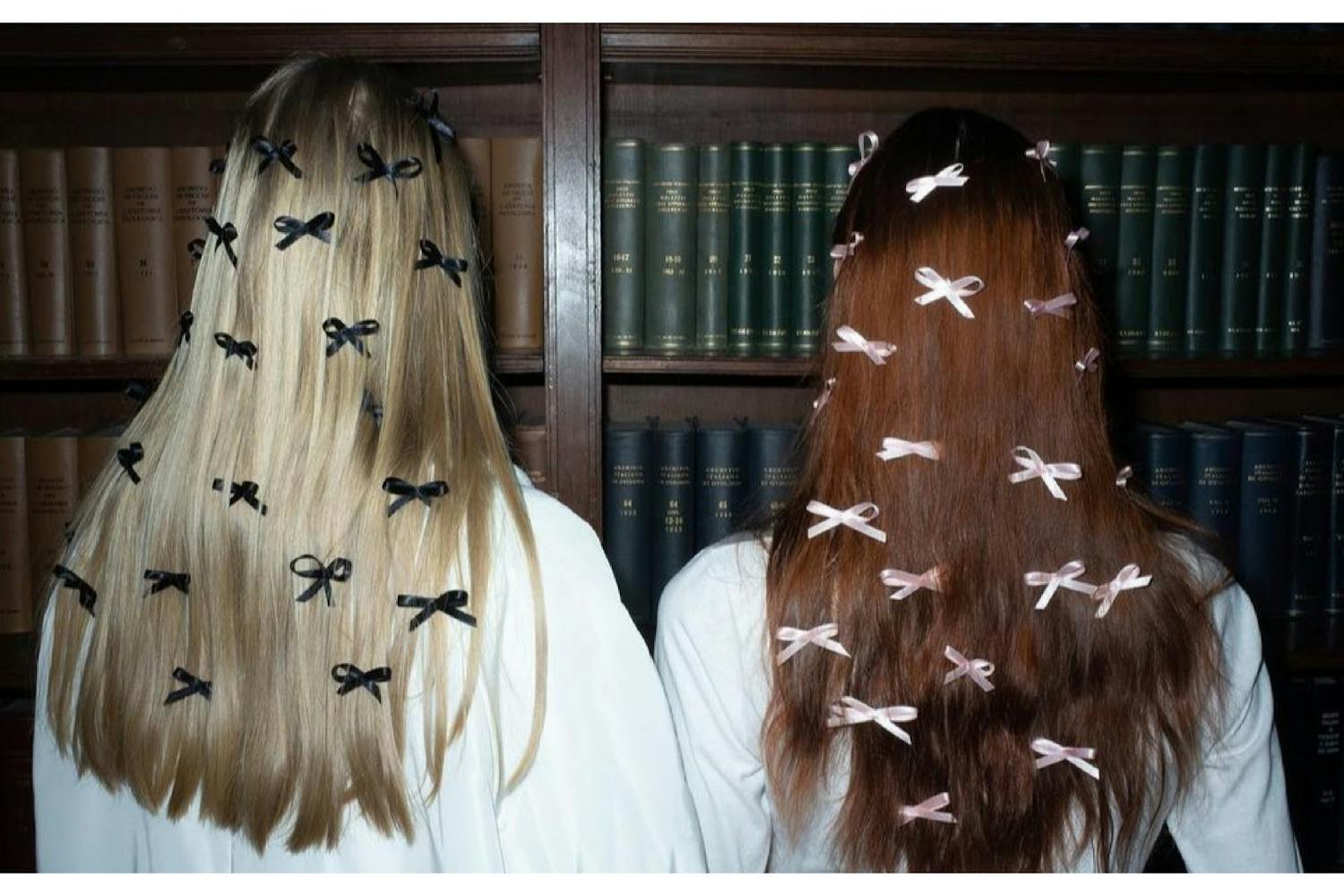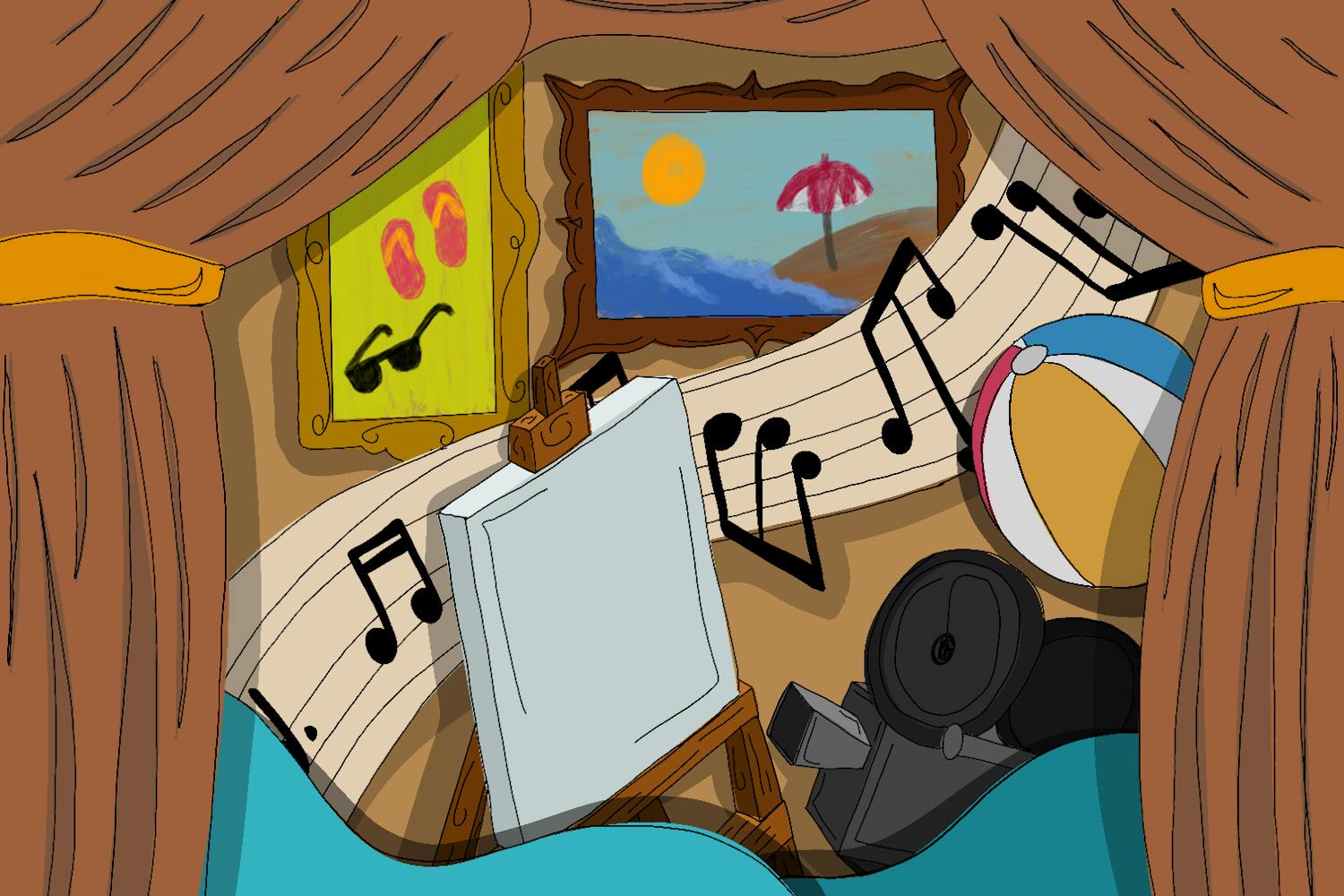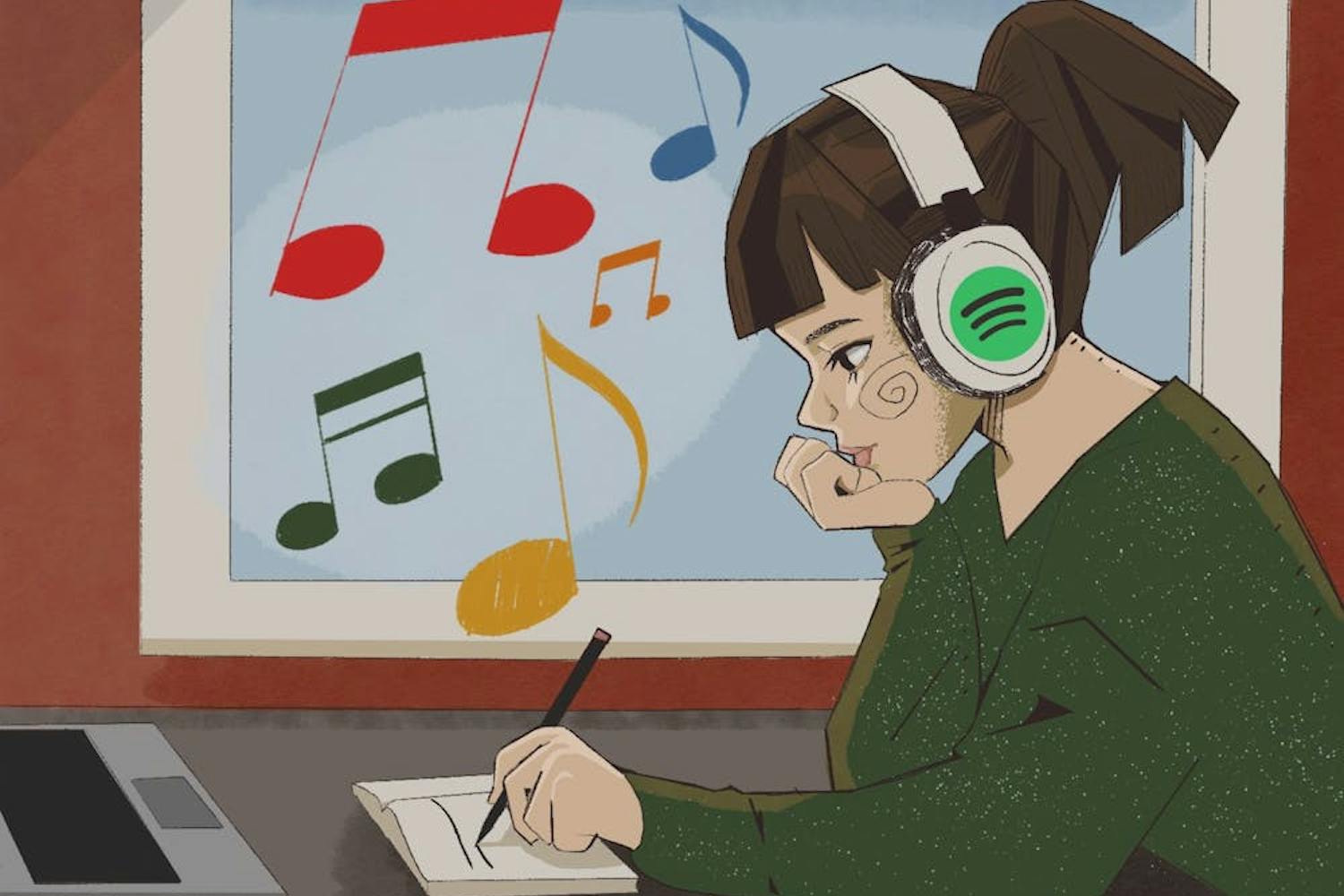For the first year in the fifteen-year legacy of its annual writers' conference, the Virginia G. Piper Center for Creative Writing will be including a literary fair that is free to the public as part of the event.
The Desert Nights, Rising Stars Writers Conference and literary fair will be held on Feb. 22 and 23, with the fair being held at the Farnsworth Terrace and the front lawn of Old Main on ASU’s Tempe campus.
The fair will consist of over 20 discussions, readings, panels, and performances from different writers, publishers and more.
Jacob Friedman, the Piper Center’s marketing and outreach specialist and the conference’s moderator for this year, said leadership in the center recognized the more intensive commitment that the conference required.
“(We asked ourselves) what can we do that can reach more people in the same space?” Friedman said. “And so we kind of came up with this literary fair.”
Jared Duran, ASU alumnus who majored in English and creative writing and the co-founder and managing editor of podcast network and literary press Hoot ‘n’ Waddle, is participating in the literary fair with his company.
Duran said the fair is a good way to engage non-attendees of the conference.
“I think it lends a more inviting, inclusive tone to it because it's not just the people that can afford to attend the workshops or the classes and everything that's for attendees,” Duran said. “So everybody can kind of have some experience of it”
Registration for the two-day conference costs $300 and a one-day pass costs $200.
The conference holds dozens of educational sessions to teach attendees about the skill and craft of literature.
Friedman said he hopes the conference and fair aren't just going to educate attendees, but affect the attendees’ communities as well.
“Not only are we serving the writers and the organizations who live here, we're also serving the public,” he said. “We're putting these organizations and these people in a position of service where they can give back to the community and the community can give back to them.”
Duran said the conference and fair are important to show that Arizona has an arts culture of its own to offer to the world.
“Some people feel like they have to go to New York or LA or other cities ... to find a welcoming art scene that they can find here in Phoenix,” Duran said. “(Phoenix is) not all business. There's art and life and beauty to things as well.”
The conference is featuring speakers on various topics ranging from modern social issues to improving writer's skills.
Patricia Murphy, the founding editor of Superstition Review at ASU and a staff member for the conference, said that the conference is an effective way to get involved and work with people who are in the literary community.
“I like to be available for other people who are interested in publishing their work and in writing," Murphy said. "It's a great honor to be involved with the conference and to be able to offer instruction to the participants."
Friedman said the diverse mix of people and topics at the conference and fair will help people and society grow together in understanding and skills.
"We're bringing all of these different groups together with all of these different topics," Friedman said. "Those people are learning from each other and the community members are learning from them, and we're growing as people when we do this, (and) we're growing as a civilization."
Friedman said the conference can help show all the ways that the humanities are relevant in society today.
“We think that the humanities are so applicable and so relevant to anybody,” Friedman said. “The humanities make us human … What we really hope to do here is to show all of the ways that creative writing and literature are grappling with things technology can't solve.”
Reach the reporter at tlhill9@asu.edu and follow @hilltroy99 on Twitter.
Like The State Press on Facebook and follow @statepress on Twitter.




